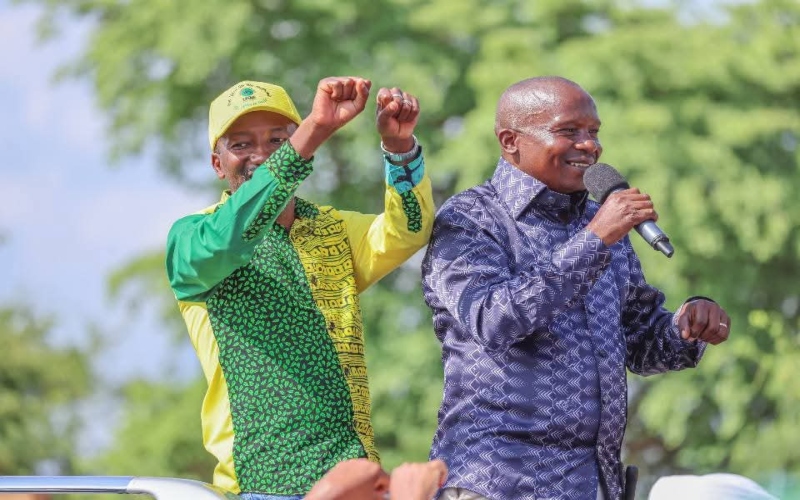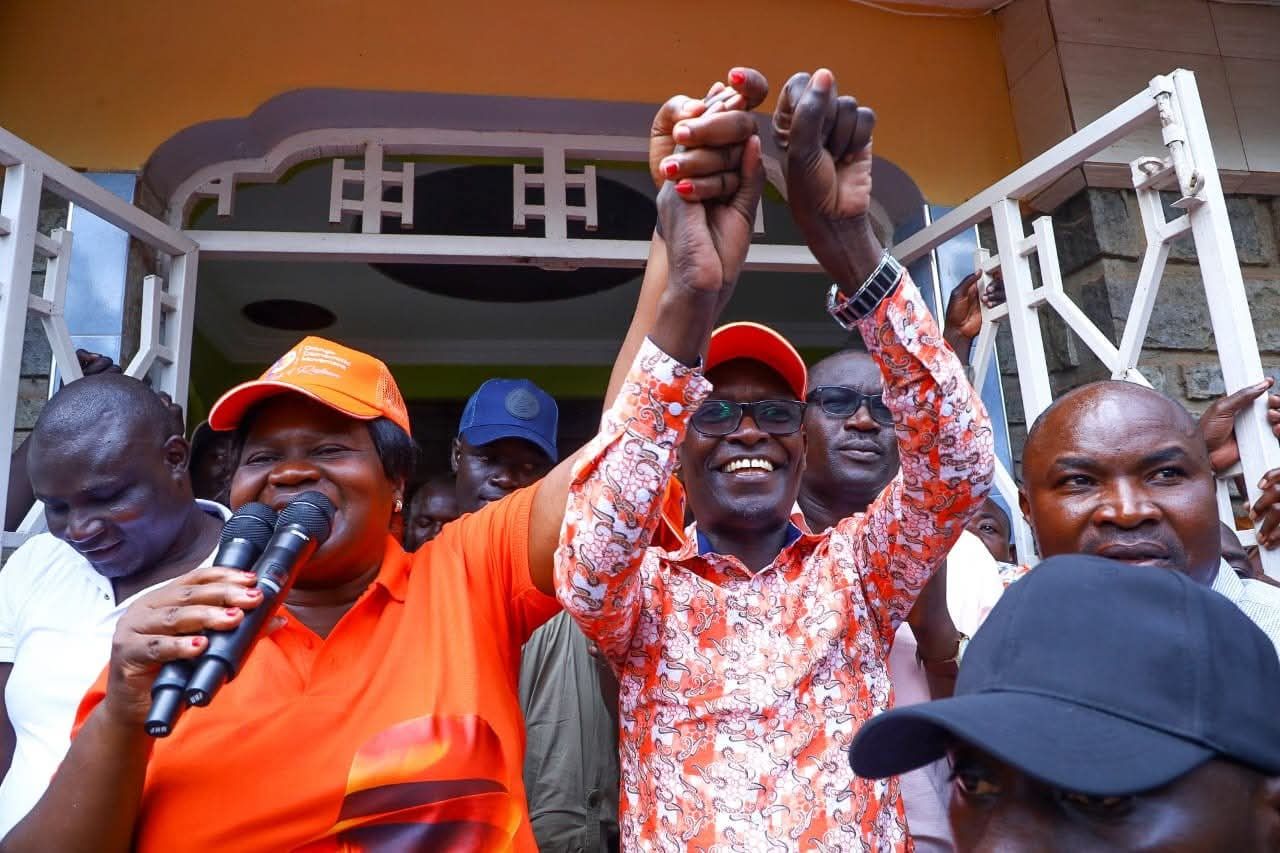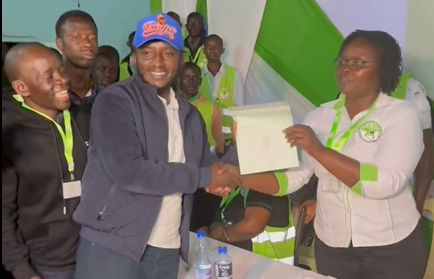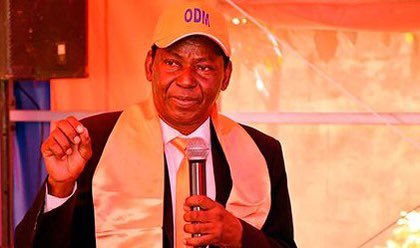Kampala High Court rejects Kizza Besigye’s bid to refer treason case to constitutional court
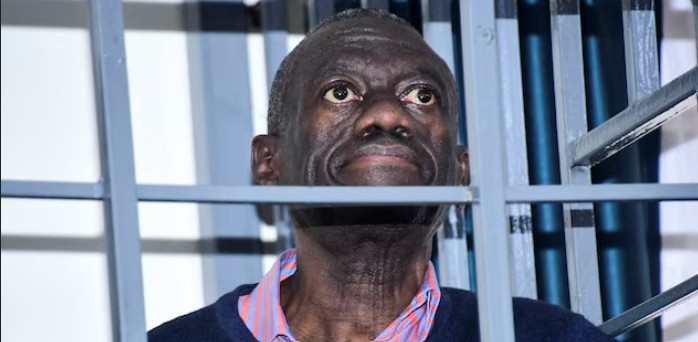
Justice Baguma ruled that Besigye’s application failed to raise a substantial constitutional issue, saying allegations of bias were speculative.
The High Court in Kampala has rejected opposition leader Kizza Besigye’s request to refer his treason trial to the constitutional court. The court ruled that the application did not raise a substantial constitutional issue.
According to the Daily Monitor, Besigye and his co-accused — Hajj Obeid Lutale and Capt. Denis Oola, through their lawyers, had asked the High Court to refer their case to the Constitutional Court. They argued that continuing proceedings before Justice Baguma, against whom they have a pending complaint before the Judicial Service Commission (JSC), violated their constitutional right to a fair and impartial hearing.
More To Read
- Uganda stops granting refugee status to nationals from Ethiopia, Somalia and Eritrea
- Kenya dismisses war fears as Mudavadi quashes claims of Uganda ‘overrunning’ the country
- Lake Victoria Fish farming booming but pollution and disease are wiping out millions: How to reduce losses
- Kenya’s exports to EAC partners grow as diaspora sends Sh1 trillion home
- 38 days of torture: Kenyan activists Njagi and Oyoo, abducted at gunpoint in Uganda, tell harrowing story
- Kenyan activists Bob Njagi, Nicholas Oyoo to sue Uganda in regional court over abduction
Their lawyers had framed the proposed constitutional question as: “Whether a court presided over by a judicial officer against whom a complaint by the accused persons seeking removal from office is pending is an independent and impartial court in accordance with Article 28(1) and Article 44(c) of the Constitution.”
In his Thursday ruling, Justice Baguma held that the application did not meet the threshold for constitutional interpretation under Article 137(5)(b) of the Constitution.
“In the final result, it is this court’s finding that counsels for the accused persons have not made out a prima facie question of law to warrant reference to the constitutional court,” he said.
“I accordingly decline to refer the proposed question of law to the constitutional court and direct that the matter be fixed for scheduling and plea taking.”
Speculative
The judge emphasised that allegations of bias were speculative and did not justify halting the proceedings.
“Article 137(5)(a) and (b) require that before a reference is made, the court must be satisfied that a prima facie case exists that interpretation of a constitutional provision is required. If this is not established, then no reference should be made,” he stated.
Justice Baguma cited previous rulings, including Sheikh Abdul Karim Sentamu & Another v Uganda (1998) and Hon. Sam Kuteesa v Attorney General (2011). He added that the cases cited by Besigye’s lawyers — Professor Isaac Newton Ojok v Uganda and Tumaini v Republic (1972) — were not relevant to constitutional interpretation.
“However much a party may request, he cannot have referred a matter that does not involve the interpretation of the Constitution. Nor can a party give the court jurisdiction which the court does not have by law,” Justice Baguma said.
He further ruled that claims of bias arising from the pending complaint were unfounded.
“The allegations that the accused persons will not get a fair trial are an imagination because Article 28 of the Constitution lays down the principles of the right to a fair hearing, which this court is mandated to observe,” he noted.
Tension later gripped the courtroom after Hajj Lutale’s daughter protested the ruling and was arrested. Earlier, Besigye’s legal team — led by Martha Karua, Elias Lukwago, Ernest Kalibbala, and Fredrick Mpanga — had asked Justice Baguma to recuse himself due to the pending complaint filed by the accused.
Top Stories Today


